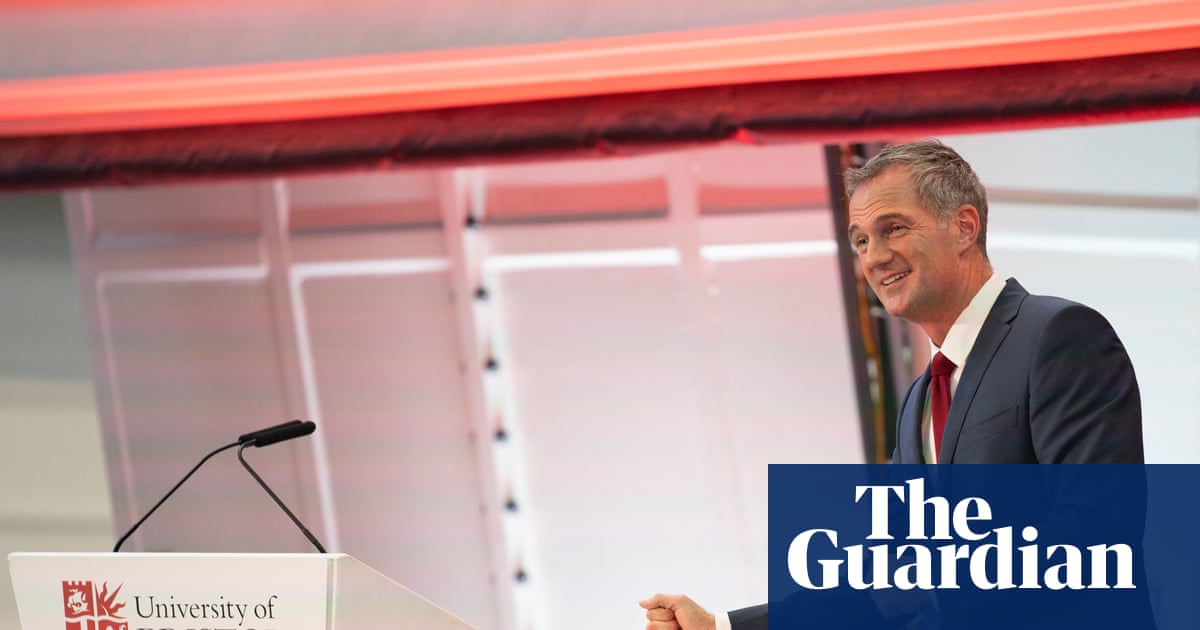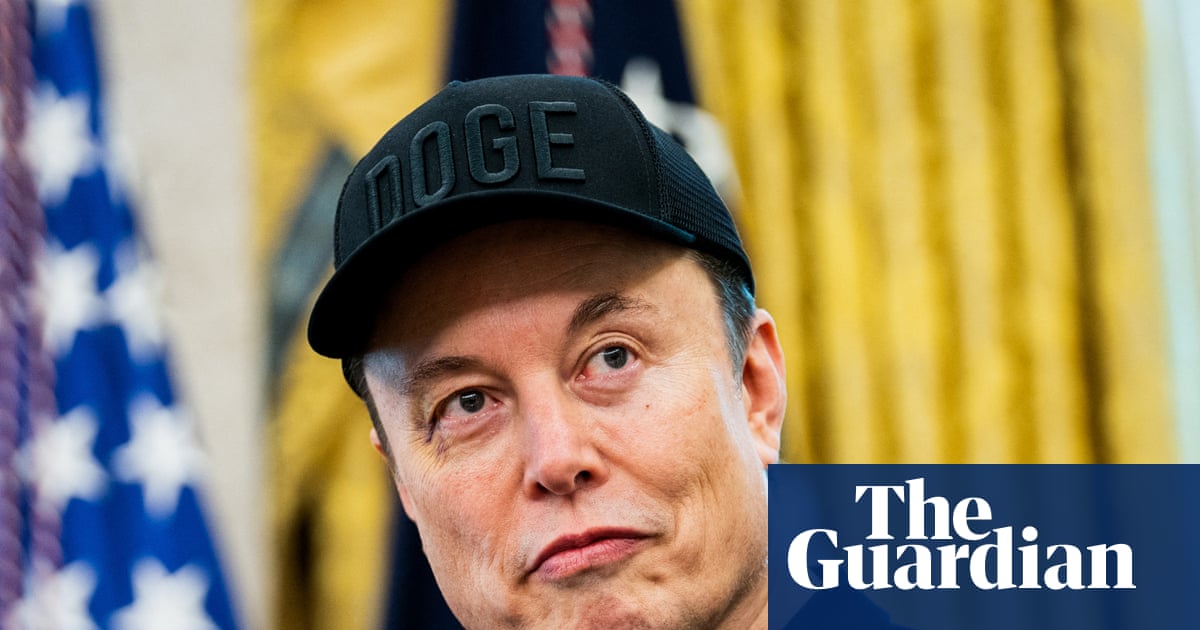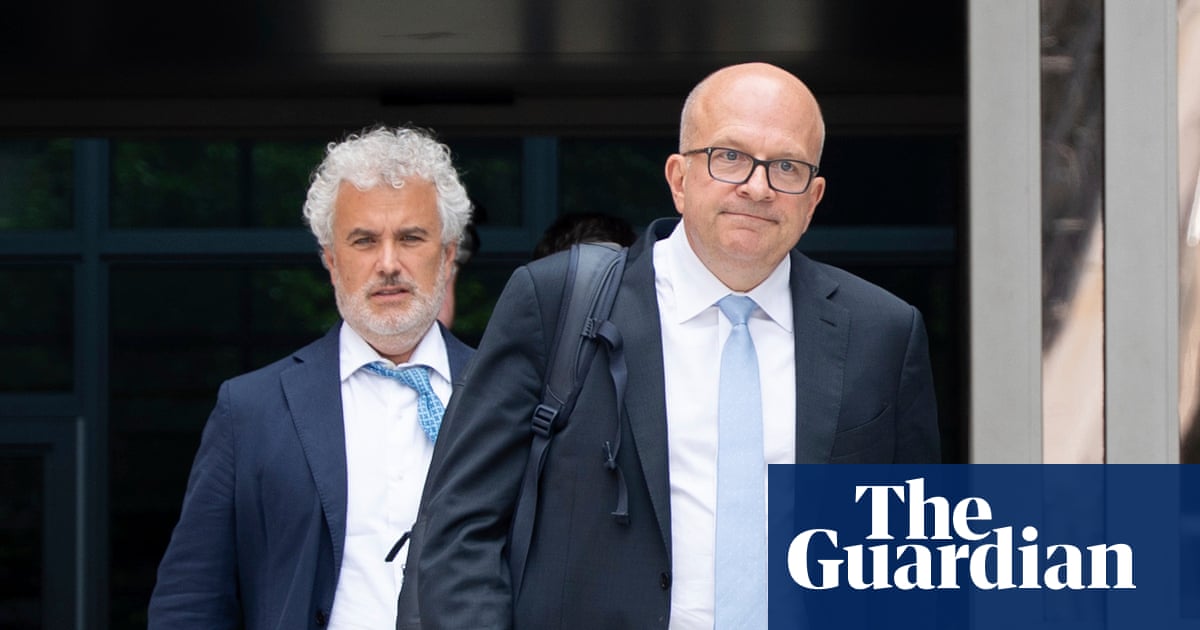Look at the Germany shelf of your local British bookshop and, if one exists at all, it will almost certainly be filled with tomes about the Nazis and the two world wars. To write a book about contemporary Germany, to write anything complimentary – as I have done – is to buck the trend, even now, after all these years. And it still rankles. Many Germans still remember the infamous Mirror headline during the 1996 Euro football championships: Achtung! Surrender!
Which is why today’s signing of the first UK-Germany friendship treaty, with defence and military cooperation at its heart, is so important. The accord is designed to smooth out post-Brexit problems, and forms the centrepiece of Friedrich Merz’s first visit to London as chancellor. The Germans will be happy that school trips to the UK will be made less tricky. Britons will be relieved that regular visitors, especially for business, may at some point be able to register for E-gate entry.
From cybersecurity and digital links to green hydrogen and healthcare, both countries will seek ways of working together to improve resilience and modernise their economies. Some pledges are more concrete than others. So-called lighthouse projects, which promise to forge new links between the two nations, include a business forum, a youth summit, culture initiatives and a reannouncement of a direct train link between London and Cologne.
As a first step, the symbolism matters most. The UK and Germany – perhaps the two countries most closely aligned when Britain was inside the EU – are starting out afresh in a darker world.
Merz has still some way to go before completing his first 100 days in office, but he has already put his stamp on diplomacy. He has largely repaired relations with France; he has made Germany a presence again in Brussels. Most of all, he has given his country heft in European security not seen since the end of the cold war. His language on Russia is refreshingly blunt; his resolve to stand by Ukraine is hearteningly clear.
He sees Keir Starmer as a key figure and has made a point of mentioning Britain whenever he can. Although Poland is also regarded as an important player, the old E3 grouping – Germany, France and the UK – is being restored.
Merz, Starmer and Emmanuel Macron consult regularly on all the various flashpoints; before each of their pilgrimages to the Oval Office, they talked about the best way of dealing with Donald Trump. They still do. They all realise that Europe will have to defend itself. The new Nato commitment of 3.5% of GDP on direct military spending plus a further 1.5% on critical infrastructure is supposed to be sacrosanct. Germany has promised to hit the target by 2029; what isn’t clear is how quickly the other member states will get there.
The immediate task is to keep the Americans present in Europe for as long as possible, to extend the transition for as long as possible, and to coordinate as much as possible. It is here where the British can be most helpful.
The strength of all these relationships will ultimately be based on day-to-day practical decision-making and not on formalities. Merz’s brief foray to London was never going to match the pageantry of Macron’s state visit last week, nor the fraught preparations already under way for Trump’s second such extravaganza to the UK in September.
It’s important not to get carried away about a new era of E3 harmony. With Britain outside the EU and Starmer looking over his shoulder towards Nigel Farage at every turn, there is only so much Germany (and France) will be willing or able to do with the UK. All three leaders have an insecure hold on power as they face challenges from the hard right. Written off by some even before he started, Merz is attacked within his own party for making concessions to his coalition partners, the Social Democrats, while his government is embroiled in its first big row, over appointments to the constitutional court.
Negotiations on this treaty were hamstrung both by the collapse of Olaf Scholz’s administration last autumn and by a constant suspicion on the German side of British grandstandingand what they see as a reluctance to do what it really takes to reset relations with the EU as a whole. Since Brexit, indeed long before Brexit, much of the bilateral conversation has been stuck in the past. German speakers at conferences seem to feel the need, 80 years on, to make some kind of reference to Churchill, to their own perfidy and to British bravery. The British hark on about the army on the Rhine and their role in the cold war.
All the while, tens of thousands of Britons have moved to Germany in recent years, working in startups, biomedicine and the creative sector. The institutions and the political discourse do not speak to their lived experience.
One of the tasks of the negotiators has been to future-proof the treaty, to insulate it from sudden political or economic lurches at home and abroad. They want it to last for a generation. It is a valiant aim. But given how little Starmer and Merz are in control of events, it is almost certainly a forlorn one.
-
John Kampfner is the author of In Search of Berlin and Why the Germans Do It Better

 8 hours ago
3
8 hours ago
3

















































